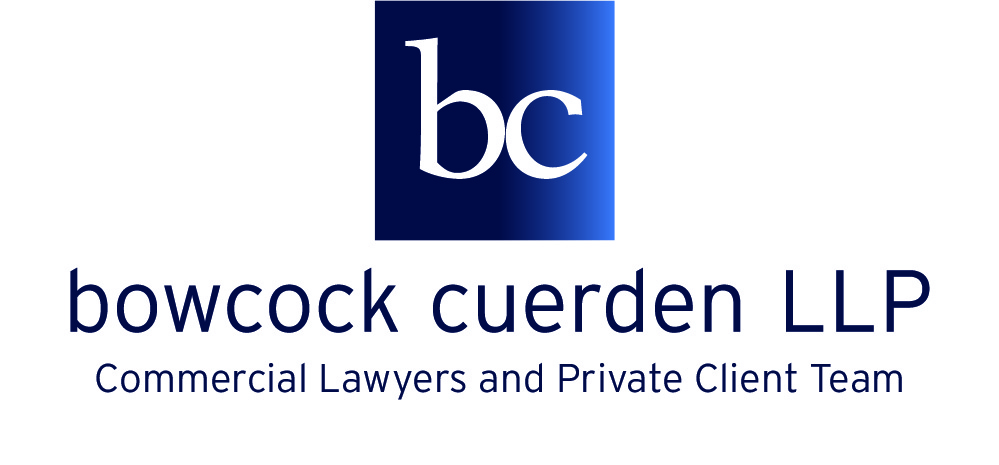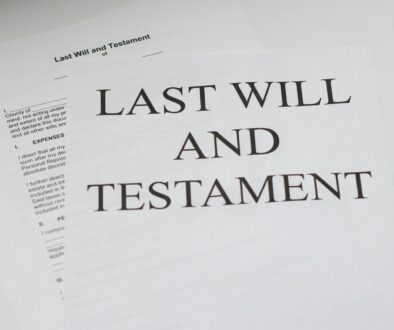Lost a loved one? What is your action plan?
Heather Lally, Associate Solicitor and Estate and Trust Practitioner at Bowcock Cuerden LLP explores the first steps to take when dealing with a bereavement.
When there are so many things to do and think about, on top of grieving for your loved one, a useful starting point may be to use the following checklist:
1) Obtain the Medical Certificate
This is usually obtained from the hospital / Doctor.
2) Register the Death and obtain a couple of death certificates.
The number of death certificates you need will vary depending on whether you are instructing a Solicitor to administer the estate. In such cases, a Solicitor can produce a Death Verification form which is widely accepted by most organisations, avoiding the need to pay for additional death certificates at the outset. Most Registry offices are able to take the registration details by telephone during the pandemic.
3) Check if there is a Will – If so who holds the original Will?
If a Will has been made, this is the document that will confirm who are the Executors and Trustees, they will be the people who are entitled to deal with the estate. If a Will cannot be found, it is worth making enquiries with local Solicitors and banks as to whether they hold a Will. A search can also be made for a Will using Certainty National Will Register for a small fee. If you are instructing Solicitors, check with them first, some Solicitors Firms have an account with Certainty, meaning that they can do a search at no cost to you. The Will may contain funeral wishes. If there is no Will, rules called the Intestacy Rules govern who can deal with the estate administration and who benefits from the estate. This is not always as straight forward as you may think – consult a Solicitor to check the rules as to who can deal with the estate and who benefits.
4) Funeral Arrangement
When you have checked the position in 3 above, if you are the person able to deal with the estate, you can start to make funeral arrangements. This can lead to problems and disputes later down the line, if you are not the person entitled to deal with the estate. Check if there was a funeral plan taken out, if so this is likely to pay for the majority of the funeral, you may have to contribute towards the initial expenses such as the Church / crematorium and other fees that the funeral directors have to pay out. If not, once you have a funeral account, if there is sufficient cash in a bank account, banks will often discharge this directly to the funeral directors or issue you with a cheque payable to the funeral directors to discharge the invoice. Some funeral directors offer a small discount if the account is paid within a certain period.
5) Take Advice
Whether there is a Will in place or not, whether the estate looks simple or not, please take some initial advice if you are dealing with an estate. Most Solicitors will offer a no obligation first meeting to discuss the estate. If the estate is simple and you can deal with matters yourself, the Solicitor will tell you so. The Solicitor is likely to also discuss aspects of dealing with an estate that you might not have known about or thought about. If you do need any legal assistance going forward then that assistance can be tailored according to your needs. Remember each individual is different and therefore each estate is different. You could find yourself faced with legal claims made against you personally, if you do not deal with an estate administration correctly.
Heather Lally is also a full member of Solicitors for the Elderly and a member of the Agricultural Law Association. For more information on estate administration, Wills, Trusts, Powers of Attorney or Court of Protection matters, please contact Heather Lally on 01270 611106 or email hlally@bowcockcuerden.co.uk
This article is not intended to be comprehensive or to provide specific legal advice. It should not be relied upon in the absence of specific advice given in relation to particular circumstances.




